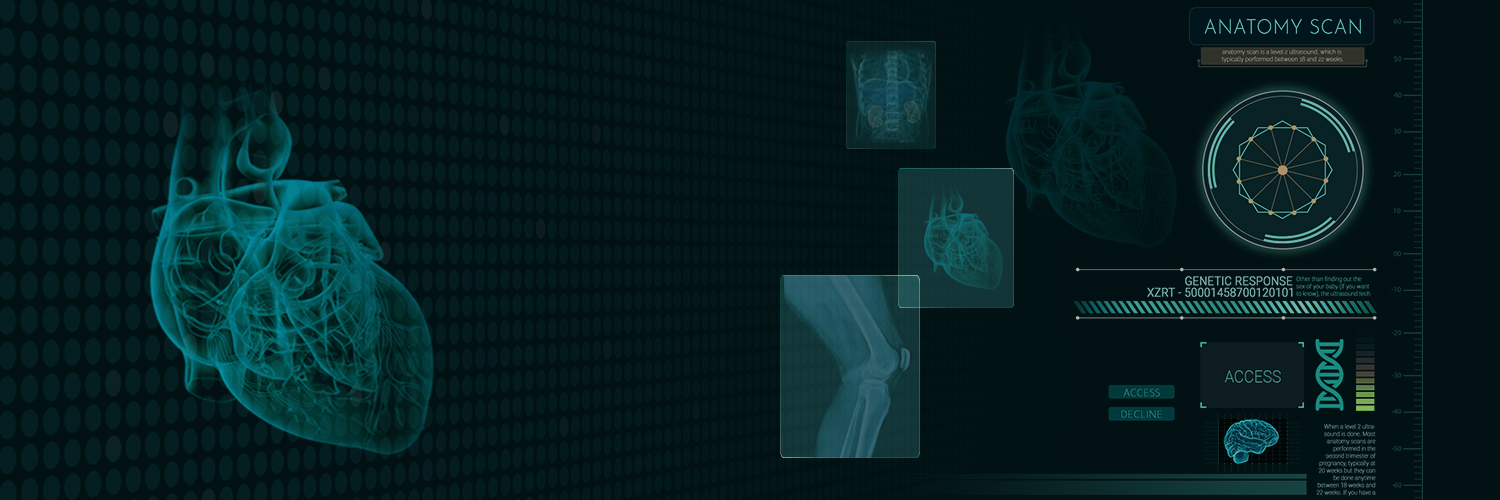
A disease is the uncomfortable condition or discomfort that may be felt by us at times. Being healthy does not only mean being disease-free but the terms are correlated. A disease is diagnosed by certain symptoms and signs. Health is the state of physical, mental and social well-being that is affected by a factor called disease. It can be either due to structural disorder or functional abnormality in the body. Diseases can be classified based on certain criteria like the duration of occurrence, communicability, type of causative agent and source of transmission.
Disease may either be caused by internal factors or external factors
1. Internal Factors include:
2. External Factors include:
Diseases can be classified into the following:
Differences between acute and chronic disease
| Acute disease | Chronic disease |
| Acute diseases last for only short period of time. | Chronic diseases last for a long time, even as much as a life time. |
| They do not cause long term bad effects on human health. | They cause drastic long term effects on human health. |
| Examples include cold, cough, typhoid, cholera, etc. | Examples include elephantiasis, cardiovascular disease, tuberculosis, diabetes, arthritis, cancer etc. |